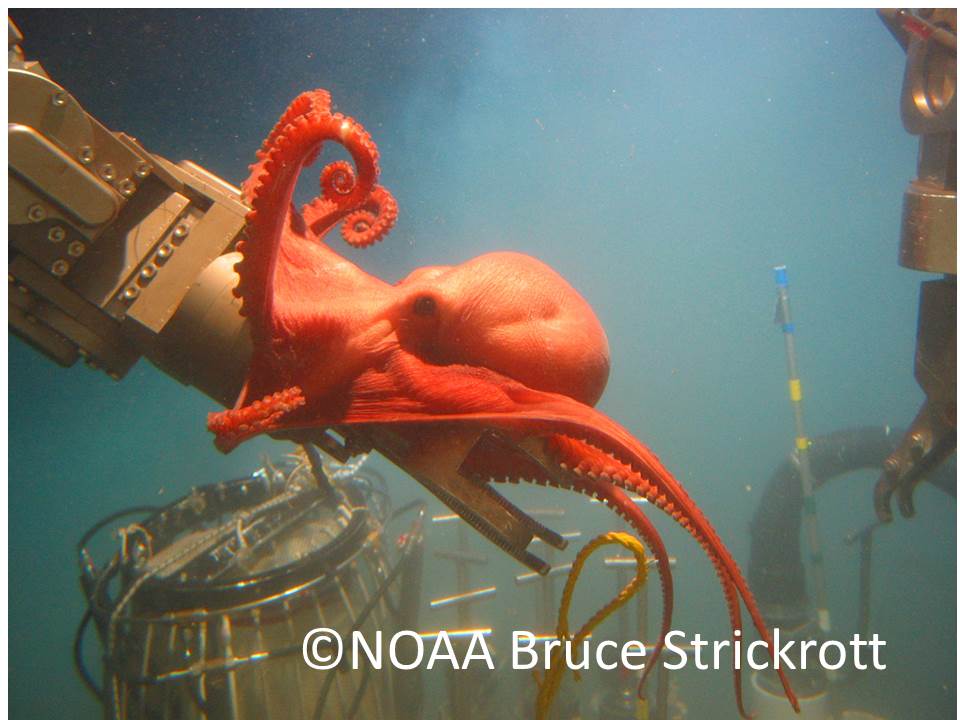On 5 June, the Belgian Ministries of Economics and Environment organised an international stakeholder workshop to discuss Belgium’s position on deep-sea mining. Belgium is currently in the spotlight of international deep-sea mining development, as a sponsoring state to an exploration contract signed by the International Seabed Authority (ISA) in 2013 with the Belgian company Global Sea Mineral Resources (GSR). The contract is for the Clarion-Clipperton Zone, an area more than twice the size of Belgium.

With GSR planning the first equipment test in the Clarion-Clipperton Zone in 2019, the response of those involved (i.e. Belgium, Germany and the ISA) will set an important international precedent. Earlier this year, Seas At Risk and the Deep Sea Conservation Coalition called on the Belgian government to ensure transparency in the environmental impact assessment procedure, including public participation. Belgium, as a sponsoring state, must uphold the highest standards of environmental protection.
During the workshop, representatives of GSR and the Belgian Ministries announced that the recently submitted environmental impact assessment would be made publicly available for comments. It remains unclear, however, how either the consultation or the impact assessment would be linked to decision-making on the 2019 test.
At the workshop, Deputy Director of Seas At Risk, Ann Dom, spoke of the importance of a science-based debate on the future need for deep-sea mining. She pointed to the huge potential to curb future demand for minerals through sustainable consumption and production, as mandated by Sustainable Development Goal 12 and circular economy principles. In addition to posing significant risks to the deep sea environment (as several other speakers confirmed), opening up new reserves for mining will divert attention and investment away from efforts to make economies and societies more resource-efficient.
Ann Dom called on Belgium to take a strong stance during the July 23-27 annual session of the International Seabed Authority in Jamaica, at which a draft regulation for deep sea exploitation will be negotiated. She also outlined the key asks recently submitted to the ISAA by Seas At Risk, Greenpeace International and more than 45 other NGOs, asking for fundamental consideration of the need for deep-sea mining, the creation of an Environmental Committee under the ISA, and opening the ISA’s Legal and Technical Committee to observers.
Seas At Risk, in collaboration with WWF Belgium and Bond Beter Leefmilieu, also issued a policy briefing on Belgium’s role in deep-sea mining. The paper is available in Dutch.
Posted on: 27 June 2018



